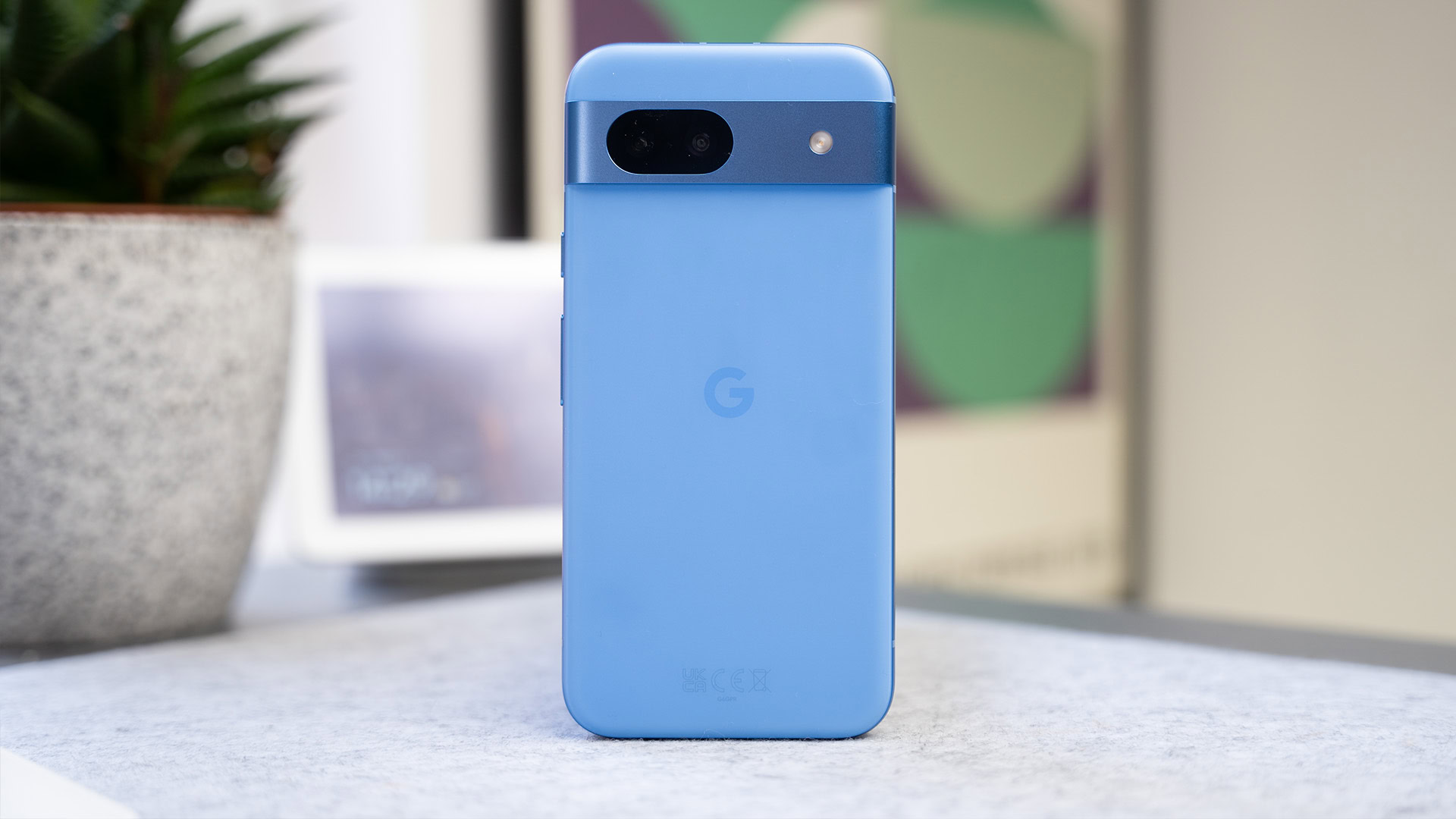Affiliate links on Android Authority may earn us a commission. Learn more.
The Pixel 8a is the best of the Google Pixel A series, and the worst of it
Published onMay 10, 2024
The Google Pixel 8a is here after months of rumors and leaks. On paper, this is the most impressive Pixel A series Google has released to date and one of the best mid-range Android phones available to buy today. And at a time when other startups are rushing to release half-baked AI hardware, it’s refreshing to see a phone made for normal people that works the way it’s supposed to and without breaking the bank.
But there’s something utterly ‘uninteresting’ about the Pixel 8a, despite how good it is. Just look at its announcement: It came without any fanfare from Google. No press conference, just a blog post. The company didn’t dedicate a 15-minute chunk of its yearly Google I/O presentation to announce this latest budget entry. Even if this phone is supposed to bring Google’s Android vision to the masses, it’s almost as if the Pixel 8a is insignificant in Google’s eyes — at least when compared to the bigger AI picture looming in the background.
On paper, the Pixel 8a is the most powerful and most complete A series Pixel yet.
The problem, though, isn’t with the Pixel 8a itself. Quite the contrary. This year’s A series phone takes everything we liked about the Pixel 7a and elevates it to near Pixel 8 level. Existing A series features like the flagship-grade Tensor processor, great camera setup, IP rating, and wireless charging are now complemented by a better display, a more secure face unlock, local Gemini Nano support, and an excellent seven-year update promise. Value for money wise, this is a fantastic combo, and no one would be disappointed if they paid the full $500 to get this phone.
Better yet, we’re expecting the Google Pixel 8a to get some of the features of the higher-end Pixel 8 soon, including power-off Find My Device support and AI wallpaper generation. With more feature drops and updates, it’s highly likely that this phone won’t be too far off from the 8 series flagships over the course of its lifespan.

However, the Pixel 8a’s real problem becomes apparent when you look at it in context with the rest of the Pixel lineup. Because of its mid-cycle release, the 8a finds itself fighting against the discounted Pixel 8 and narrowly losing. The two are incredibly close, but the Pixel 8 still edges it thanks to a better main camera that lets in more light, faster charging speeds, a slightly better IP rating, and better display protection. Historical A series performance also tells us the 8a’s Tensor G3 is likely to be slightly under-clocked compared to the 8, even though the processors are the same on paper.
And therein lies Google’s problem with the A series in general — and the Pixel 8a in particular. By adding more features to meet the Pixel’s current ethos (lengthy updates and support, AI capabilities, great camera), the A series has risen in price so much that it’s knocking on the base Pixel flagship price. And by releasing it six months after the main series, Google is guaranteeing that the price comparisons won’t be kind to its latest A series phone. It’s almost impossible for the Pixel 8a to “win” even though it’s so good — at least not until the deals and discounts start coming in.
The Pixel 8a's dilemma is that it makes the A series feel redundant and unnecessary.
And yes, Samsung has a similar dilemma with its FE lineup, but at least Samsung moves enough units to justify having a standalone FE mid-cycle even when the base Galaxy S flagship is discounted.
Look, I want to root for the Pixel 8a, and I want Google to keep making budget phones. More choice — more affordable choice, specifically — is fantastic for all buyers. The problem is that it’s becoming impossible to see a path forward for the A series, at least not in its current configuration.
The Pixel 8a is the best A series phone Google has made. However, it’s also the worst thing that’s ever happened to the A series in years because of how redundant it makes this budget lineup.